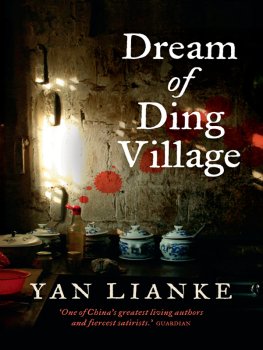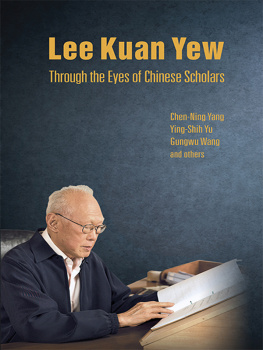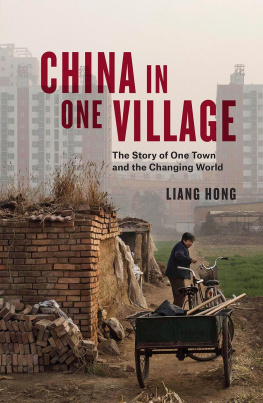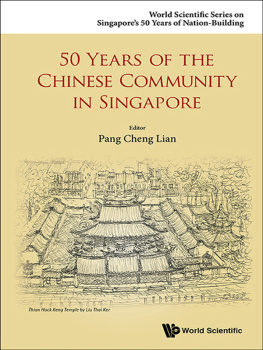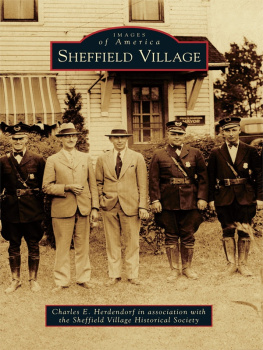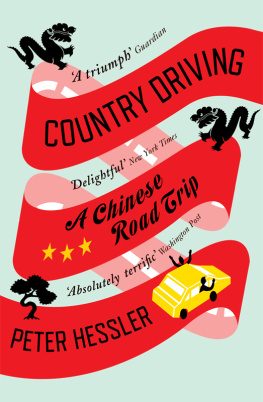Kung Eng Kuah - Rebuilding the Ancestral Village: Singaporeans in China (Routledge Revivals)
Here you can read online Kung Eng Kuah - Rebuilding the Ancestral Village: Singaporeans in China (Routledge Revivals) full text of the book (entire story) in english for free. Download pdf and epub, get meaning, cover and reviews about this ebook. year: 2019, publisher: Routledge, genre: Religion. Description of the work, (preface) as well as reviews are available. Best literature library LitArk.com created for fans of good reading and offers a wide selection of genres:
Romance novel
Science fiction
Adventure
Detective
Science
History
Home and family
Prose
Art
Politics
Computer
Non-fiction
Religion
Business
Children
Humor
Choose a favorite category and find really read worthwhile books. Enjoy immersion in the world of imagination, feel the emotions of the characters or learn something new for yourself, make an fascinating discovery.

- Book:Rebuilding the Ancestral Village: Singaporeans in China (Routledge Revivals)
- Author:
- Publisher:Routledge
- Genre:
- Year:2019
- Rating:3 / 5
- Favourites:Add to favourites
- Your mark:
Rebuilding the Ancestral Village: Singaporeans in China (Routledge Revivals): summary, description and annotation
We offer to read an annotation, description, summary or preface (depends on what the author of the book "Rebuilding the Ancestral Village: Singaporeans in China (Routledge Revivals)" wrote himself). If you haven't found the necessary information about the book — write in the comments, we will try to find it.
This title was first published in 2000: This is a discussion of the relationship between one group of Singapore Chinese and their ancestral village in Fujian in China. It explores the various reasons why the Singapore Chinese continue to want to maintain ties with their ancestral village and how they go about reproducing Chinese culture (in the form of ancestor worship and religion) in the village milieu in China. It further explores the reasons why the Singapore Chinese feel morally obliged to assist their ancestral village in village reconstruction (providing financial contributions to infrastructure development such as the buildings of roads, bridges, schools, hospitals) and to help with small scale industrial and retail activities. Related to this is how the village cadres and teenagers, through various strategies, managed to encourage the Singapore Chinese to revisit their ancestral village and help with village reconstruction, thereby creating a moral economy. The main argument here concerns the desire of the Singapore Chinese to maintain a cultural identity and lineage continuity with their ancestral home. Ethnographically, this anthropological study examines two groups of Chinese separated by historical and geographical space, and their coming together to re-establish their cultural identity through various cultural and economic activities. At the theoretical level, it seeks to add a new dimension to the study of Chinese transnationalism and diaspora studies.
Kung Eng Kuah: author's other books
Who wrote Rebuilding the Ancestral Village: Singaporeans in China (Routledge Revivals)? Find out the surname, the name of the author of the book and a list of all author's works by series.

